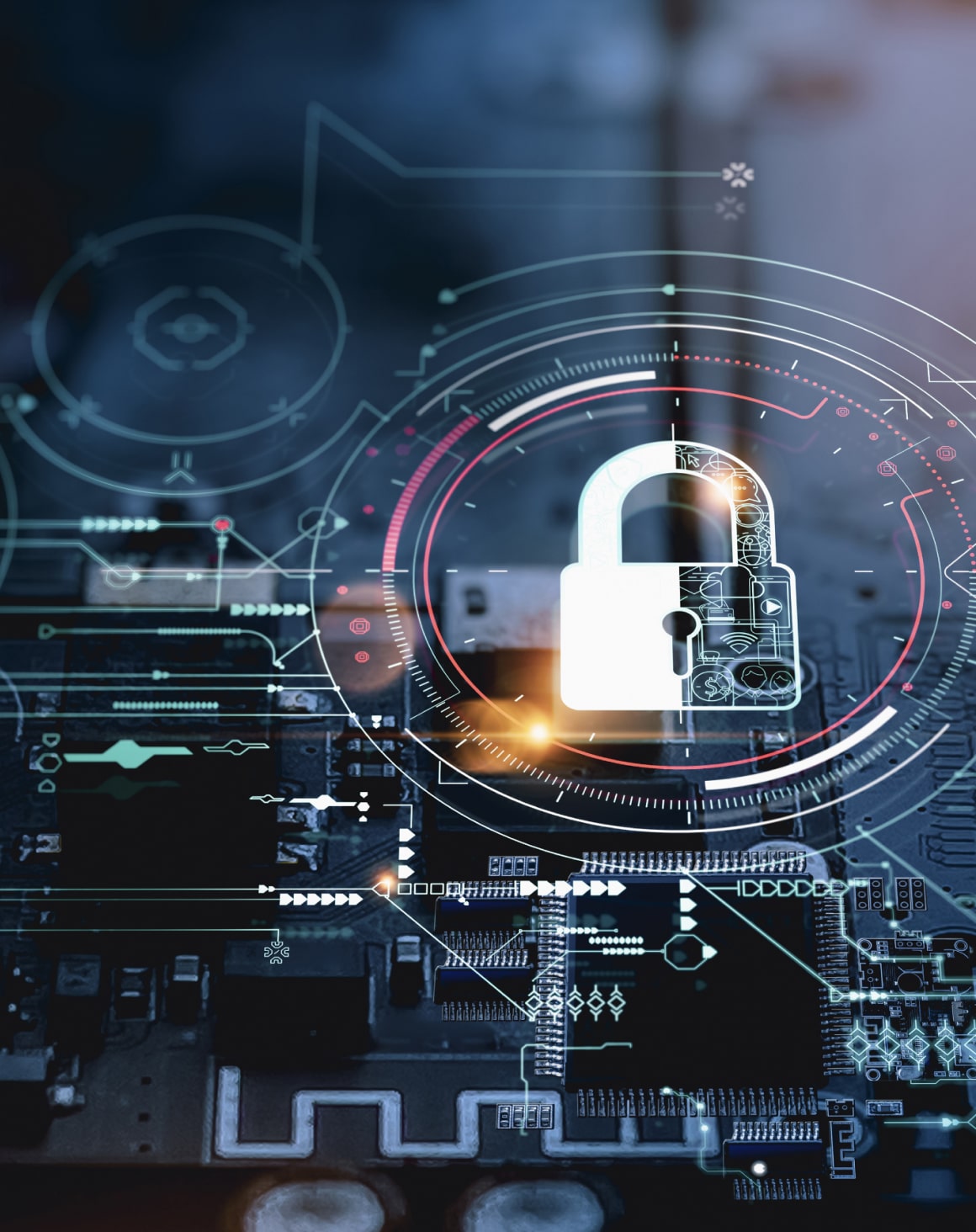In a world where data is the new gold, cybersecurity is the shield that protects it.
Kenya’s digital economy is thriving, but with this growth comes an alarming surge in cyber threats. Businesses, government institutions, and individuals are facing unprecedented challenges as attackers become more sophisticated and relentless.
Understanding Cyber Threats
- Malware: Malicious software designed to harm or exploit systems. For instance, Kenya has seen a rise in ransomware attacks, while globally, the WannaCry ransomware attack in 2017 affected over 200,000 computers worldwide, causing widespread disruption and financial losses.
- Phishing: Social engineering attacks that trick users into revealing sensitive information. Popular Kenyan platforms like Betika, eCitizen, and Jumia are frequently targeted by cybercriminals, while global companies like Yahoo have suffered massive data breaches, with 3 billion accounts compromised in 2013 and 2014.
- DDoS attacks: Overwhelming systems with traffic to disrupt service. In July 2023, Kenya faced a massive cyber attack that temporarily rendered digital public services unavailable and disrupted internet and mobile payment platforms, while the Colonial Pipeline attack in 2021 led to widespread fuel shortages and economic disruption.
Best Practices for Cybersecurity
- Use strong passwords: Use unique, complex passwords and password managers. This can help prevent unauthorized access to sensitive information, as seen in the case of Ivanti VPN attacks where hackers exploited a lack of MFA.
- Enable two-factor authentication: Add an extra layer of security with 2FA or MFA. Two-factor authentication can significantly reduce the risk of unauthorized access, as demonstrated by Google’s two-factor authentication system.
- Keep software up-to-date: Regularly update operating systems, browsers, and applications. Outdated software can leave you vulnerable to cyber threats, as seen in the Equifax data breach.
Emerging Technologies in Cybersecurity
- Artificial intelligence: AI-powered security tools can detect and respond to threats in real-time. Kenya is enhancing its capability to monitor, analyze, and predict cyber threats with the help of AI-based threat intelligence systems, while global companies like IBM are using AI-powered security tools to detect and respond to threats.
- Blockchain: Decentralized and immutable ledger technology can enhance security. Kenya’s e-health record system could benefit from blockchain technology to secure patient data, while global companies like Microsoft are exploring blockchain-based security solutions.
Incident Response
- Preparation: Develop incident response plans and train teams. Preparation is key to responding effectively to security incidents, as demonstrated by companies like Schneider Electric.
- Detection: Identify and detect security incidents quickly. Quick detection can help minimize damage and prevent further escalation, as seen in the case of Texas Tech University Health Sciences Center.
Cybersecurity is a complex and ever-evolving field that requires a proactive and multi-faceted approach. By understanding cyber threats, following best practices, and staying up-to-date with emerging technologies, individuals and organizations in Kenya can better protect themselves against cyber threats. Having a robust incident response plan in place can help minimize damage and ensure business continuity in the event of a security incident.



